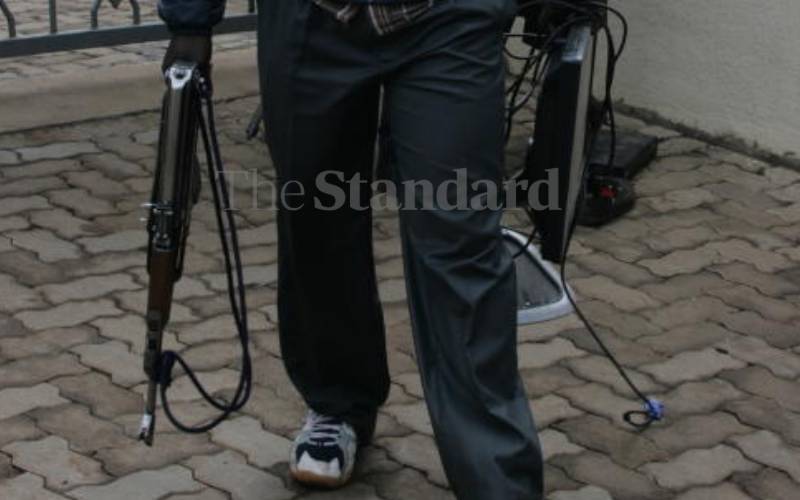×
The Standard e-Paper
Fearless, Trusted News

In some parts of Nairobi, gangs run parallel “governments”. [Collins Kweyu, Standard]
The mention of Eastlands conjures up images of a sprawling dusty place infested with armed hardcore criminals.